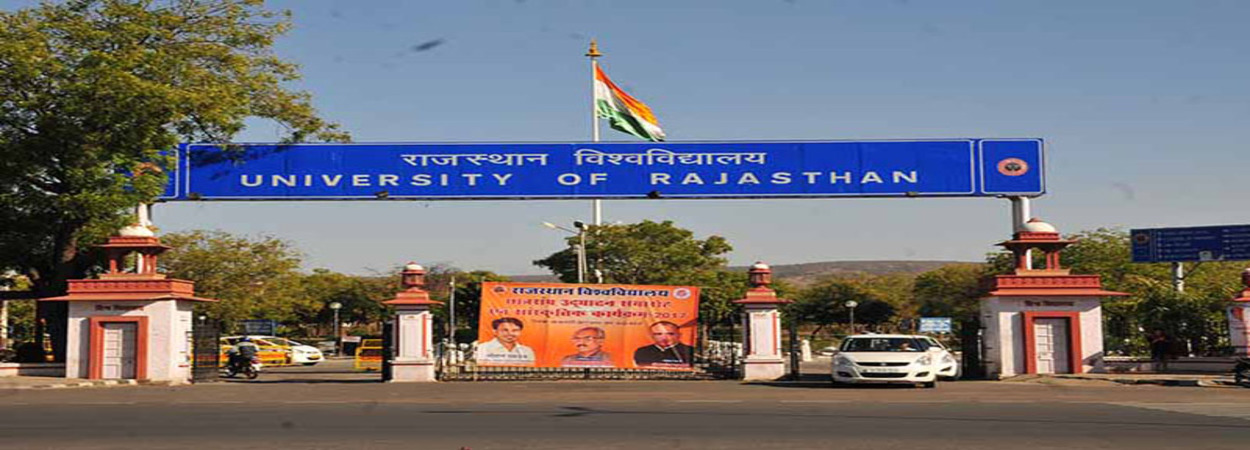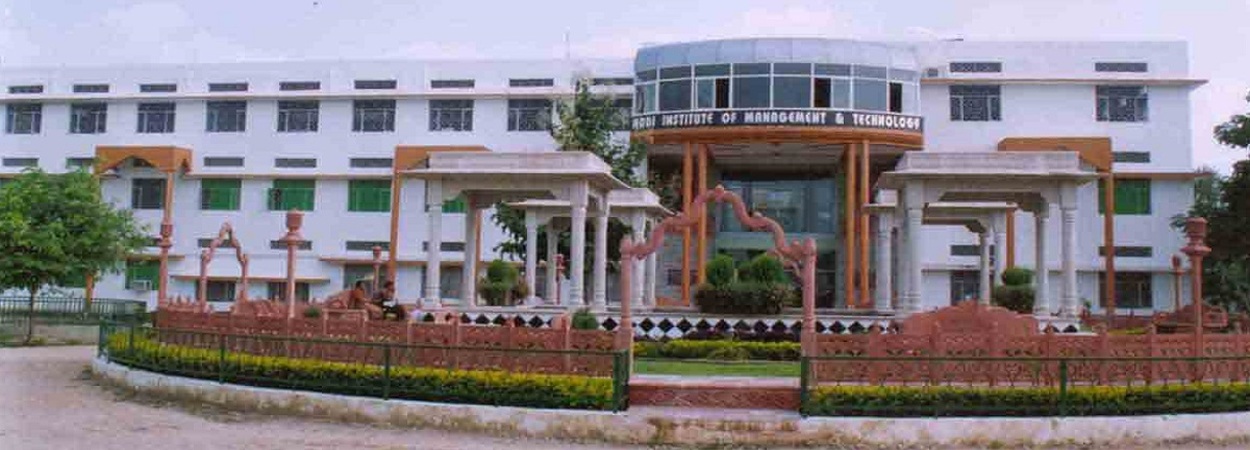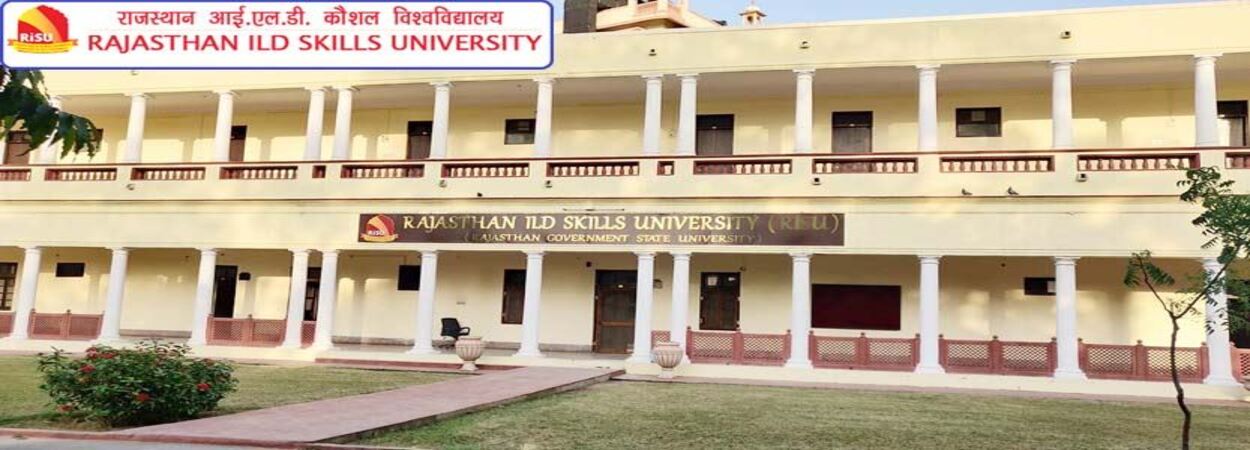Introduction:
Embarking on a Ph.D. in Marathi is a profound journey into the rich tapestry of the Marathi language, literature, and culture. This advanced degree is not just an academic pursuit but a deep dive into the essence of one of India’s oldest languages. Scholars explore the nuances of Marathi literature, its historical context, and cultural impact. They delve into linguistic studies, literary criticism, and cultural discourse, contributing to the preservation and evolution of Marathi heritage. This program shapes experts who become custodians of the language and its treasures, fostering a deeper understanding of Marathi’s place in the world.
Admission Process:
- Checking Eligibility: Ensure you meet the criteria with a relevant Master’s degree.
- Registration: Register on the university’s official website.
- Application Form: Fill out the application form with required details.
- Documentation: Attach necessary documents like transcripts and research proposals.
- Entrance Exam: Prepare for and appear in any required entrance exams.
- Interview: Attend an interview if it’s part of the selection process.
Eligibility:
- Master’s Degree: A master’s degree in Marathi or a related field.
- Minimum Marks: At least 55% marks (or equivalent CGPA) in the qualifying degree; 50% for reserved category students.
- Research Proposal: A well-formulated research proposal indicating the area of interest and potential research topics.
- Entrance Exams: Qualification in relevant entrance exams may be required by some institutions.
- Language Proficiency: Strong command over the Marathi language, both written and spoken.
Completion Time:
The completion time for a Ph.D. in Marathi typically spans 3 to 5 years. This duration allows scholars to immerse themselves in the Marathi language, literature, and culture, conducting in-depth research that contributes to the field. The program’s length accommodates coursework, seminars, and the dissertation process, which involves formulating, researching, and writing a thesis that offers new insights into Marathi studies. The exact time frame may vary based on individual research pace, institutional requirements, and the complexity of the chosen topic.
Career Opportunities:
- Academic Positions: As professors or lecturers in universities and colleges.
- Research: In cultural organizations or academic settings.
- Writing and Publishing: As authors, editors, and publishers.
- Language Expertise: In government or private sectors as language specialists.
- Critics: Analyzing and critiquing literary works.
- Translation Services: Translating literary and cultural texts.
- Media and Journalism: In roles that require strong language skills.
- Government Agencies: Promoting language and culture.
Syllabus:
- Research Methodology: Techniques for scholarly research in Marathi studies.
- Marathi Literature: In-depth analysis of literary works and authors.
- Linguistics: Study of the Marathi language structure and development.
- Cultural Studies: Exploration of Marathi culture and its societal impact.
- Philosophy: Examination of philosophical essays and texts in Marathi.
- History and Politics: Understanding the historical and political context of Marathi literature.
Internship Opportunities:
- University Scholarships: Offered by academic institutions to cover tuition and living expenses.
- Research Grants: Available for specific research projects within Marathi studies.
- Fellowships: Provide a stipend for a set period to focus on research.
- Government Scholarships: Aimed at promoting language and cultural studies.
- Private Foundations: May offer funding for humanities and cultural research.
Scholarship and Grants:
- University Departments: Assisting in research and teaching.
- Cultural Organizations: Working on language preservation projects.
- Publishing Houses: Gaining insights into the editing and publishing process.
- Government Agencies: Contributing to language and cultural promotion initiatives.
- Research Projects: Participating in field-specific research activities.
FAQs:
What does advanced study in Marathi encompass?
It includes in-depth research in Marathi linguistics, literature, cultural studies, and history.
What qualifications are needed for a Ph.D. in Marathi?
A relevant master’s degree and proficiency in Marathi are typically required.
How long does it take to complete a Ph.D. in Marathi?
The program usually takes 3 to 5 years to complete, depending on the research scope.
What career opportunities are available after a Ph.D. in Marathi?
Graduates can pursue careers in academia, research, cultural preservation, and more.
Are there scholarships available for these studies?
Yes, universities and cultural organizations often offer scholarships and grants.
Can I do an internship during my Ph.D. in Marathi?
Yes, internships are available in academic, cultural, and government institutions.
What is the significance of studying Marathi?
It contributes to preserving and promoting the Marathi language and culture.
Will I need to publish my research?
Publishing is encouraged and often required as part of the Ph.D. program.
Is there a demand for Marathi scholars?
Yes, there is a demand in educational institutions and cultural sectors.
What skills will I gain from advanced Marathi studies?
You’ll gain research, analytical, linguistic, and cultural expertise.

















